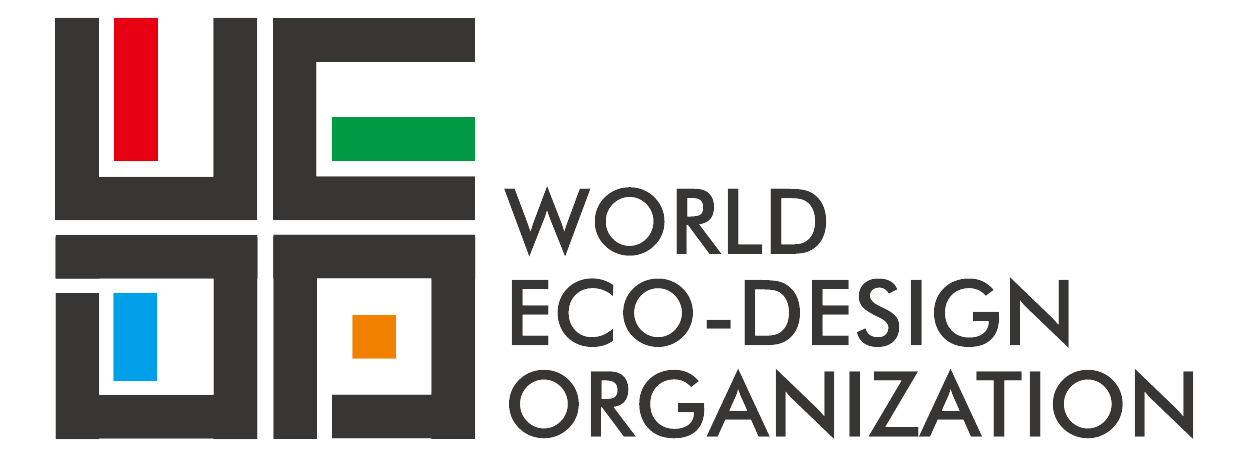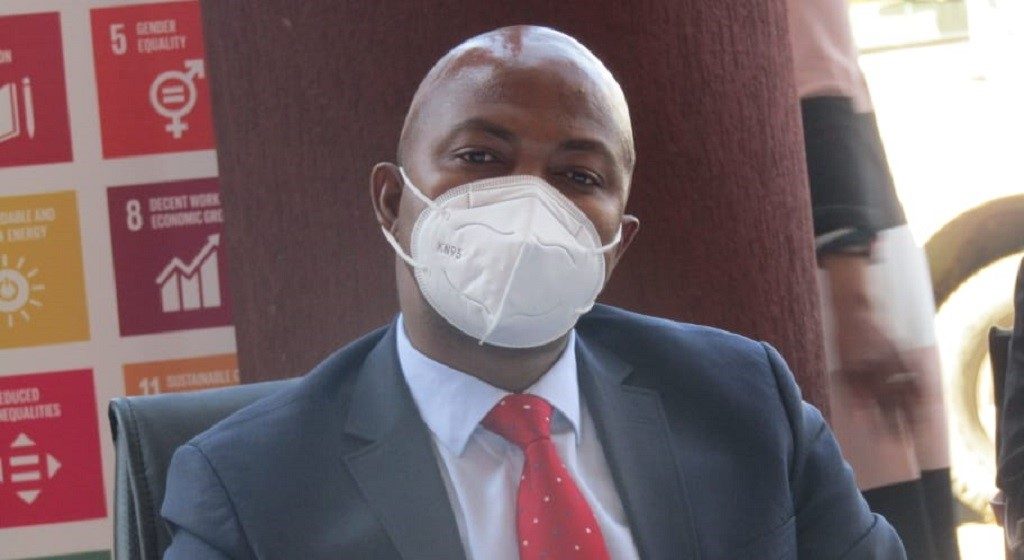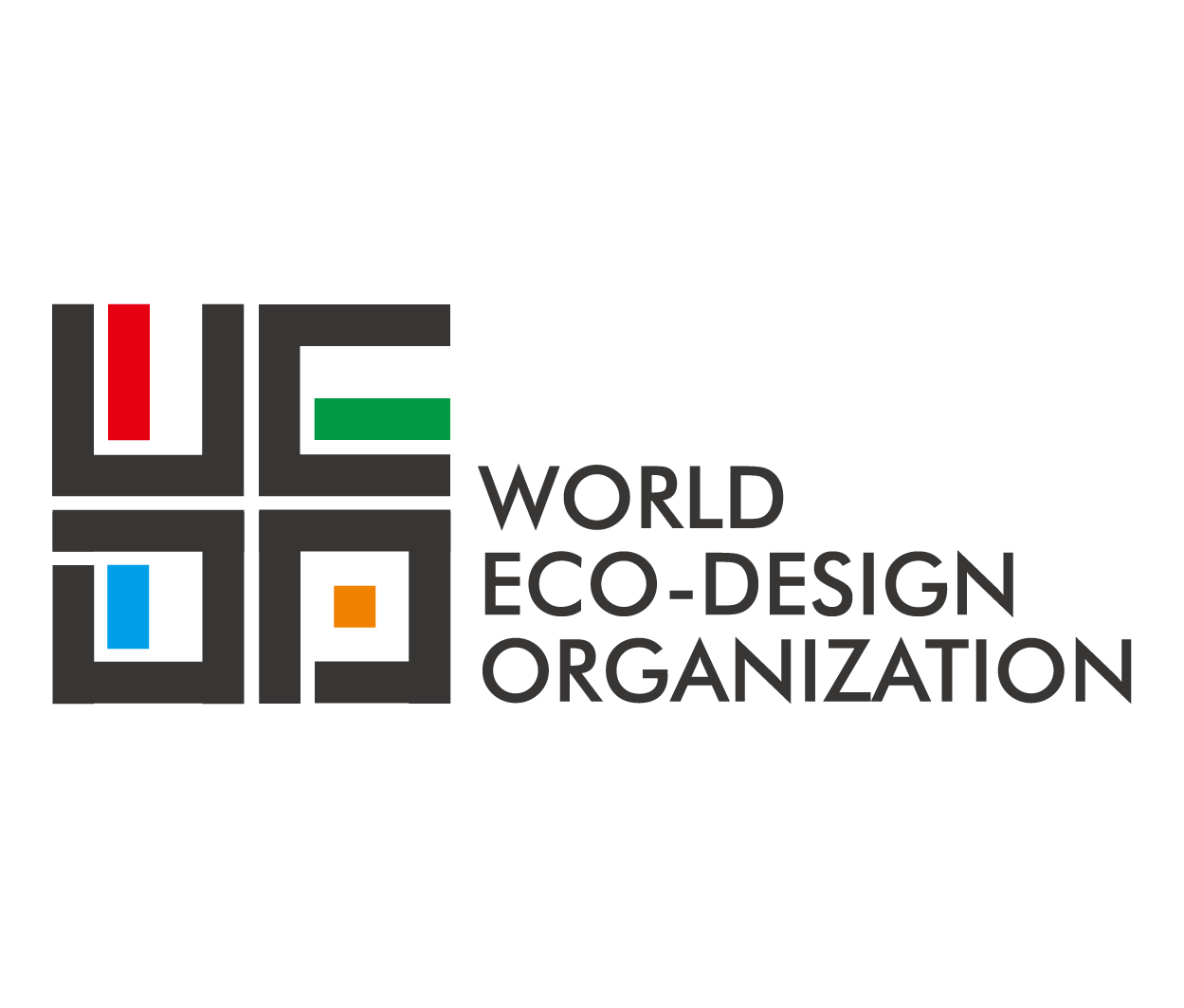
The United Nations (UN) in Lesotho handed over a shipment of Personal Protective Equipment (PPE) and COVID-19 diagnostics and patient management equipment to the Government of Lesotho through the Minister of Health, Mr. Motlatsi Maqelepo and the National COVID-19 Secretariat Chief Executive Officer (CEO), Mr. Thabo Khasipe at the Ministry of Health headquarters in Maseru.
The consignment includes PPE from the UN Technology Bank for Least Developed Countries and the Organizing Committee of world Eco-Design Conference, for front-line workers, critical supplies specifically for midwives and nurses from UNFPA to ensure continued delivery of Sexual reproductive health and rights services (SRHR), as well as critical supplies for the COVID-19 response from the World Health Organization (WHO), and those for the COVID-19 response financed by the World Bank and procured by UNICEF, on behalf of the Government of Lesotho.
A statement from the UN asserts that the UN, with logistical support from World Food Programme (WFP), through humanitarian flights has been able to procure and deliver these essential commodities to support the government’s response to COVID-19 despite the impact of the pandemic on the global supply chains. It states the supplies will be critical for healthcare workers on the frontlines supporting Basotho who need critical care.
The UN Resident Coordinator in Lesotho, Mr. Salvator Niyonzima expressed solidarity and support on behalf of the UN family and said, no one ministry or agency or donor can fight COVID-19 alone. He was quoted as saying that the essential items will help equip healthcare workers and communities to protect themselves while caring for those affected by COVID-19. He also said the UN stands ready to support the Government in its efforts to defeat the epidemic, including supporting additional procurement through the Global COVID-19 Supply Portal allowing the country to continue to procure essential supplies.
Similarly, the World Bank Country Representative, Dr Yoichiro Ishihara was also quoted as saying the World Bank has joined hands with other development partners to assist Lesotho to respond effectively to COVID-19 to save the lives of the Basotho people.
“In addition to financing the procurement of PPE, the World Bank has been implementing US$7.5 million (over M125 million) to Lesotho COVID-19 Emergency Preparedness and Response Project to prevent, detect and respond to the threat posed by COVID-19 and strengthen national systems for public health preparedness,” he said, adding that they remain committed to helping the Government of Lesotho in its efforts to curbing the damage that can be caused by the spread of COVID-19 hence an appeal to all the people of Lesotho to heed guidance provided by the Government to keep safe from this pandemic.
The Minister of Health, Mr. Motlatsi Maqelepo on the other hand thanked the UN and the World Bank for their ongoing support, noting that the cooperation between the Government and development partners in procuring the equipment has been exemplary.
Mr. Maqelepo noted that COVID-19 requires all actors to work together in order to tackle all the challenges this pandemic presents hence described the handover as a demonstration of the much needed cooperation, expressing hope that this will continue in the future.
“Our biggest challenge is in building a resilient health system that is able to withstand shocks such as COVID-19 and I call on all partners to work with the Government and the ministry in building such a system,” he said.
Furthermore, the National COVID-19 Secretariat CEO, Mr. Thabo Khasipe said the equipment came at a crucial time when the country is faced with a shortage of PPE, increasing the number of Basotho testing positive for COVID-19, and the escalating deaths.
He added that the donation will go a long way in ensuring that front-line workers whom all depend on, work under the safe conditions, as they continue to step directly into the pandemic’s path to support the afflicted and help curb the spread of the virus.
The World Health Organisation (WHO) meanwhile recommends social distancing, wearing of masks and washing of hands frequently with soap and water or sanitise with an alcohol-based hand rub, cover their mouth and nose when coughing and sneezing to avoid the risk of transmission.






 en
en




 Guangzhou,China
Guangzhou,China +86 - 19925740779
+86 - 19925740779 wedc@vip.126.com
wedc@vip.126.com










